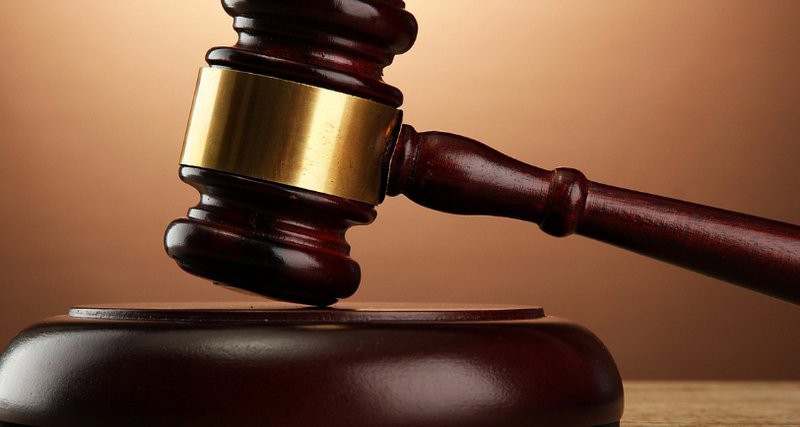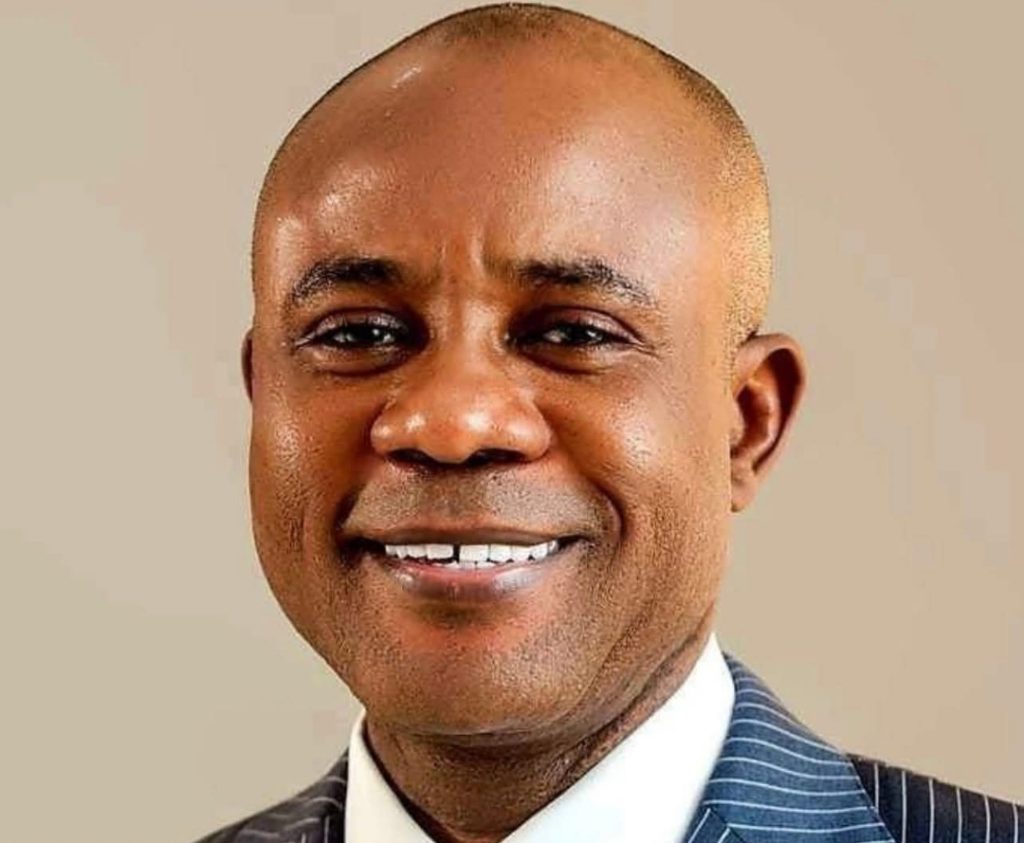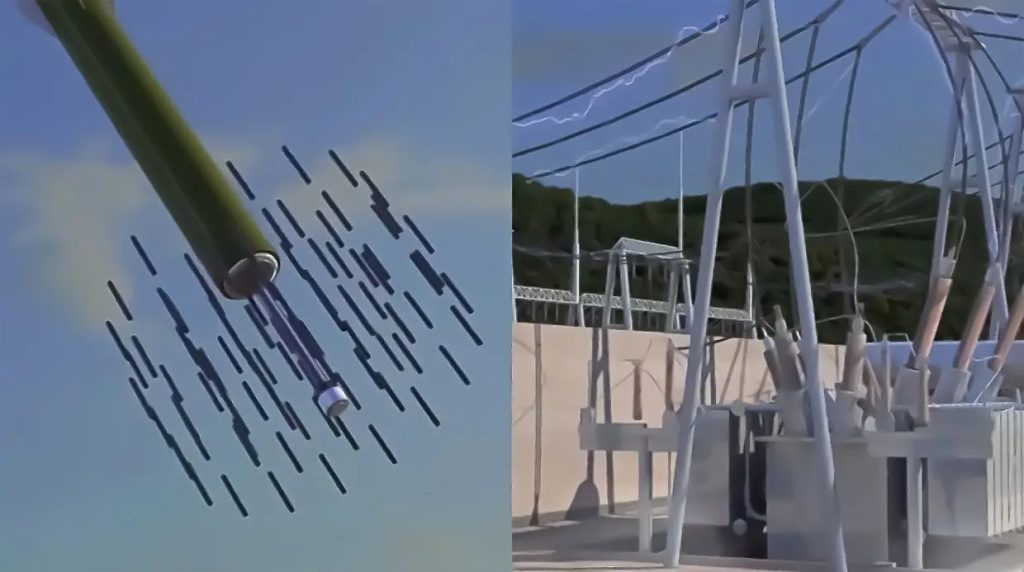Legal Affairs
Court rejects federal government’s evidence against Nnamdi Kanu
DDM News

A Federal High Court in Abuja has rejected key evidence presented by the Federal Government against the leader of the Indigenous People of Biafra (IPOB), Nnamdi Kanu.
Justice James Omotosho ruled that the statements made by Kanu in 2015 were inadmissible in court.
Diaspora Digital Media (DDM) reports that the judge upheld the defence’s argument that the statements were obtained without the presence of Kanu’s legal counsel.
Kanu’s lead counsel, Paul Erokoro, SAN, argued that the Supreme Court had made it clear that suspects must have legal representation when making confessional statements.
The Federal Government’s lawyer, Suraj Saida, SAN, opposed this claim and pushed for the court to accept the evidence.
The court conducted a trial-within-trial to determine the legality and voluntariness of the confessional statements.
After hearing both sides, Justice Omotosho ruled in favour of the defence.
He emphasized that although Section 17(2) of the Administration of Criminal Justice Act (ACJA), 2015, uses the term “may,” the Supreme Court had consistently ruled that a suspect’s lawyer must be present during the making of confessional statements.
The judge held that the presence of a lawyer is “tied to the fundamental rights” of a defendant.
He further said that security agencies must comply strictly with legal provisions regarding the rights of suspects.
Justice Omotosho explained that although the video showed Kanu calm during the DSS interviews, it could not override the legal requirement for a lawyer’s presence.
He stated clearly that for such video recordings to be admissible in a criminal trial, the presence of the defendant’s lawyer must be evident.
He then ruled the statements and video evidence as inadmissible.
The statements made by Kanu in October and November 2015 were struck out.
Justice Omotosho also expunged the video recordings previously admitted as Exhibits PWQ and PWR.
He criticized the DSS for failing to ensure Kanu had legal representation while making the statements.
The court held that the failure to observe due legal process rendered the evidence invalid.
Kanu had earlier told the court that his statements were obtained under duress.
He claimed he was denied access to his lawyer and that DSS operatives threatened him.
He also alleged he was detained in solitary confinement in an underground cell.
Kanu stated that during the interrogation, he was forced to make statements against former President Goodluck Jonathan and ex-Governor Rochas Okorocha.
He alleged that these were not his words but were imposed by his interrogators.
The IPOB leader added that the video recordings shown in court were edited and did not reflect the full reality of what transpired.
He identified one of his interrogators as Mr. Brown Ukuaba, an Assistant Director of Investigation with the DSS.
However, a DSS operative who testified denied all of Kanu’s allegations.
The witness insisted Kanu was treated fairly and given bottled water during his interviews.
He also said that the defendant was never threatened, coerced, or denied basic rights.
He claimed the video showed Kanu speaking freely and truthfully without any signs of pressure.
The DSS operative said the allegations surprised him, as Kanu was given special privileges during detention.
He denied that Kanu was held underground or subjected to solitary confinement.
Justice Omotosho, despite the DSS testimony, maintained that the constitutional rights of the defendant must come first.
He reiterated that the prosecution failed to prove that the statements were made voluntarily and in the presence of legal counsel.
As a result, the statements were declared inadmissible, and the earlier exhibits were removed from the record.
The judge stressed that such procedural lapses cannot be overlooked in criminal cases.
Legal analysts believe this ruling weakens the Federal Government’s case against Kanu significantly.
Some observers also see the development as a victory for civil rights and adherence to due process.
The case continues, but with the exclusion of critical evidence that the prosecution had relied upon.
Kanu, who faces charges including terrorism and secessionist activities, remains in custody pending further court proceedings.
Diaspora Digital Media (DDM) will continue to monitor and report on developments in this high-profile case.
For Diaspora Digital Media Updates click on Whatsapp, or Telegram. For eyewitness accounts/ reports/ articles, write to: citizenreports@diasporadigitalmedia.com. Follow us on X (Fomerly Twitter) or Facebook











